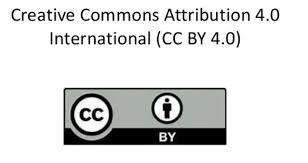Rise in Single-Use Plastic Pollution Amid COVID-19 Pandemic: Bangladesh Perspective
DOI:
https://doi.org/10.47440/JAFE.2021.2214Keywords:
Plastic Pollution, Microplastics, Biodiversity, Pandemic, Waste Management, SARS-CoV-2Abstract
This paper describes the surge in single-use plastic use, waste generation and related consequences amid the pandemic in Bangladesh. 14,500 tons of dangerous plastic waste was collected in the very first month of official lockdown in Bangladesh, which was almost twice that of collected before pandemic (~7250 tons per month). COVID-19 related medical waste in Bangladesh is haphazardly thrown away, much of which carries the coronavirus. Individual choices during lockdowns are also increasing plastic demand. Packaged take-out meals and home delivered groceries contributed 40% of plastic waste. Crucially, the virus can remain active on plastic surfaces for two to three days. However, it only infectious for up to 24 hours on cardboard or paper. From these findings it can be extrapolated that paper bags could be a better alternative for plastic bags, not only due to the short lifetime of the virus but also because paper bags are more environmentally friendly. Finally, we made some recommendations on how to reduce the use of single-use plastic, and recent status of biodegradable plastic items manufacturing industries in Bangladesh.






 Publisher:
Publisher: 